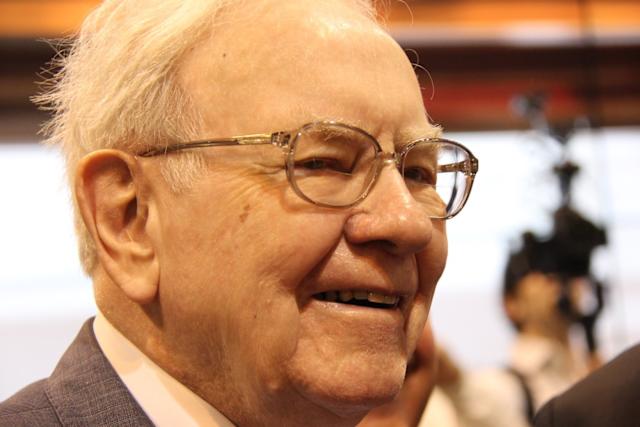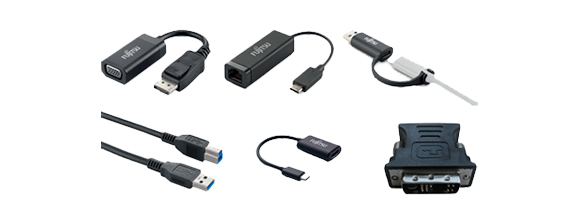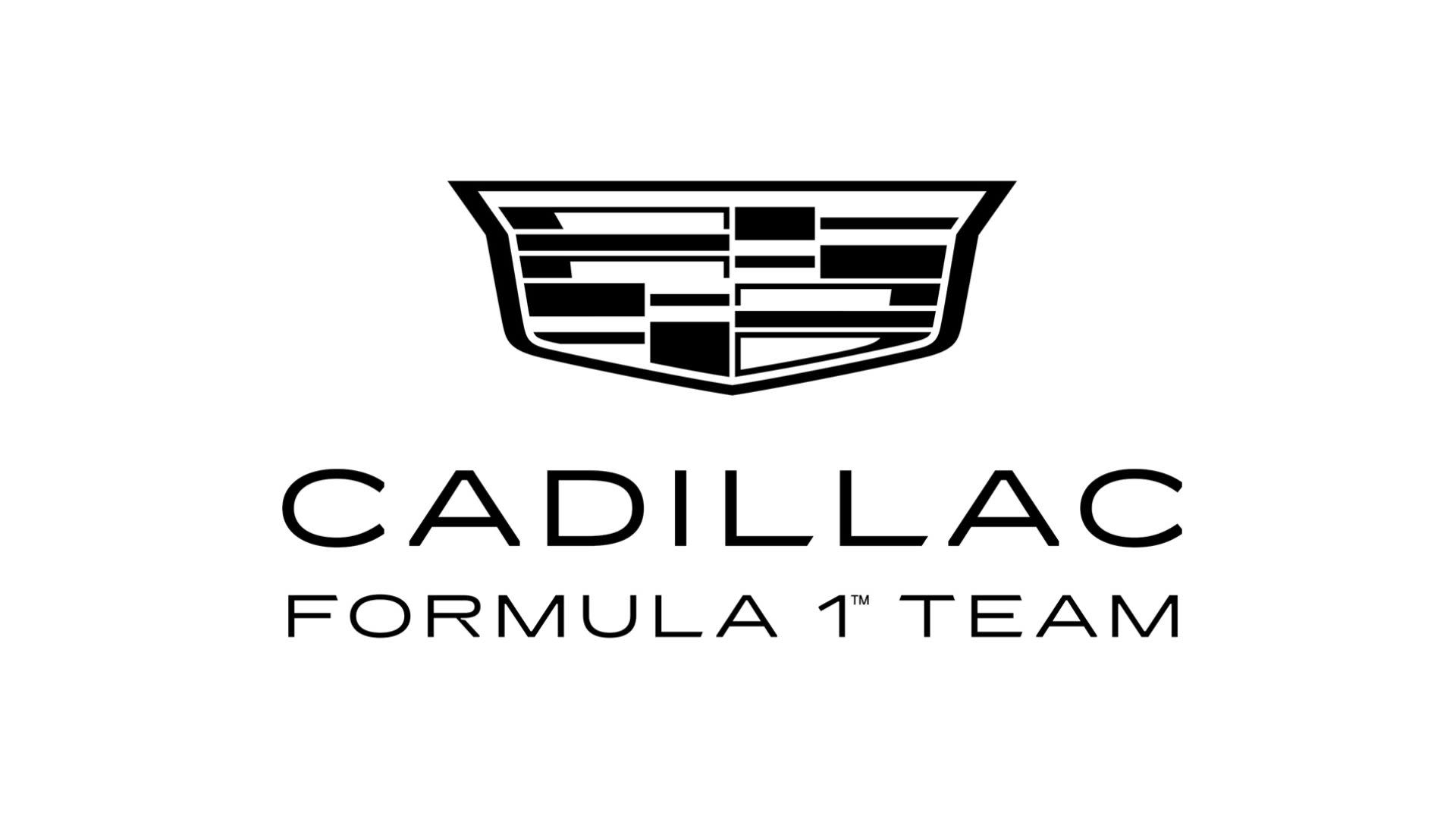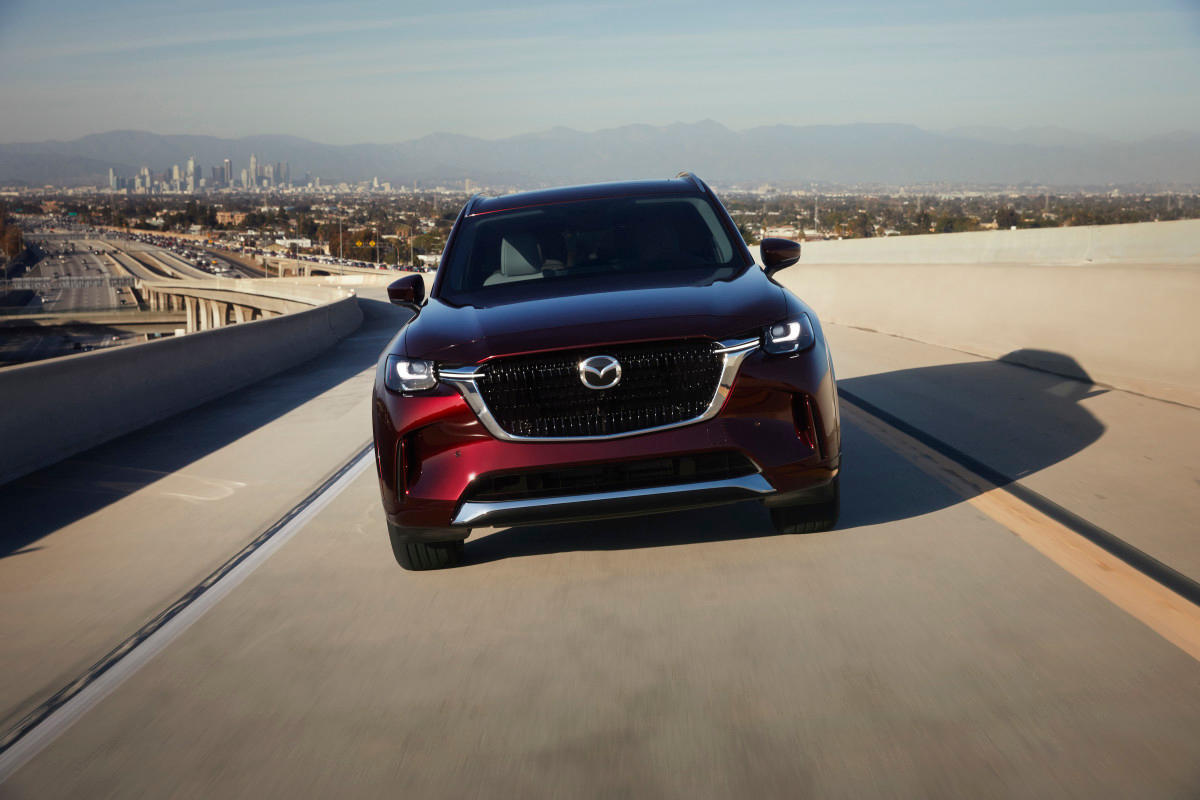
Key Points
-
Berkshire Hathaway has an incredible history of performance behind it.
-
Relatively small Markel's business model is fashioned after Berkshire Hathaway's approach.
-
Berkshire Hathaway is so large that future growth could be harder to achieve.
-
10 stocks we like better than Berkshire Hathaway ›
Warren Buffett and Berkshire Hathaway (NYSE: BRK.A)(NYSE: BRK.B), the company he runs, hold a special place in Wall Street history because of the incredible returns provided to investors. But change is in the air now that Buffett is set to retire. And after a long stretch of strong performance, Berkshire Hathaway is now a very large business.
Growth investors thinking about buying the stock might want to consider Markel (NYSE: MKL) instead. Here's why.
What's so special about Berkshire Hathaway?
The Berkshire Hathaway that most people know actually began as a failed investment. Warren Buffett bought into the company in 1962 and took it over in 1965 with the idea of turning the one-time shirt maker around. That didn't work. However, the Oracle of Omaha took that lemon and made fine wine out of it, because he used the Berkshire Hathaway shell to create one of the strongest performing conglomerates on Wall Street.
The chart above shows why investors follow Buffett and his investment team's moves so closely. Berkshire Hathaway's returns over time have literally trounced those of the S&P 500 (SNPINDEX: ^GSPC). One interesting feature here is that Berkshire Hathaway doesn't pay a dividend, so it is a pure growth investment. And still, the S&P 500, which includes many stocks that do pay dividends, can't seem to compete.
The big story around Berkshire Hathaway right now, however, isn't about performance. It is the news that Buffett is retiring as CEO at the end of the year. While he has likely trained his replacement, Greg Abel, in his investment approach, there is no telling if anyone can really fill Buffett's shoes. Complicating this is the not-so-subtle fact that Berkshire Hathaway is a gargantuan company with a $1 trillion market cap and a sprawling collection of businesses under its corporate umbrella. Buffett himself has warned that growth will be harder to achieve in the future.
Markel is smaller and uses the Buffett model
Markel isn't shy about the fact that it is attempting to imitate Buffett and Berkshire Hathaway. Like Berkshire, Markel owns an insurance company, a portfolio of owned businesses, and a collection of publicly traded stocks. That said, Markel is much, much smaller, with a market cap of "just" $25 billion. Like Berkshire it does not pay a dividend, so the story is all about growth.
Story ContinuesMarkel hasn't performed nearly as well as Berkshire Hathaway of late. But that has resulted in a management shakeup at Markel that the company hopes will lead to improved performance. Given the size differences, it will probably be easier to return Markel to growth than it will be to simply keep growth going at giant Berkshire Hathaway. And this is where a longer-term performance graph comes into play.
Markel has actually outperformed Berkshire Hathaway over the long term. To be fair, the share price pullback at Berkshire Hathaway following the announcement of Buffett's retirement has helped on that front. But the real takeaway is that Markel is a fast-growing company that has, like Berkshire, handily bested the S&P 500 index.
If you like Berkshire, consider Markel
If you are a fan of Berkshire Hathaway and Warren Buffett, you should consider doing a deep dive into Markel. Don't get too caught up on Markel's recent laggard performance, even good companies go through difficult periods. Given the changes taking place at Berkshire and the size of the company, growth investors may be better off with Markel and its blatant copycat approach.
Should you invest $1,000 in Berkshire Hathaway right now?
Before you buy stock in Berkshire Hathaway, consider this:
The Motley Fool Stock Advisor analyst team just identified what they believe are the 10 best stocks for investors to buy now… and Berkshire Hathaway wasn’t one of them. The 10 stocks that made the cut could produce monster returns in the coming years.
Consider when Netflix made this list on December 17, 2004... if you invested $1,000 at the time of our recommendation, you’d have $713,547!* Or when Nvidia made this list on April 15, 2005... if you invested $1,000 at the time of our recommendation, you’d have $966,931!*
Now, it’s worth noting Stock Advisor’s total average return is 1,062% — a market-crushing outperformance compared to 177% for the S&P 500. Don’t miss out on the latest top 10 list, available when you join Stock Advisor.
See the 10 stocks »
*Stock Advisor returns as of June 23, 2025
Reuben Gregg Brewer has no position in any of the stocks mentioned. The Motley Fool has positions in and recommends Berkshire Hathaway and Markel Group. The Motley Fool has a disclosure policy.
Better Growth Stock: Markel vs. Berkshire Hathaway was originally published by The Motley Fool
In the realm of growth stocks, Markel's consistent outperformance against Berkshire Hathaway underscores its resilience and sharp strategic vision in navigating diverse investments for superior returns.
The distinct advantage of Markel over Berkshire Hathaway for better growth stock lies in its laser-focused portfolio on preeminent ventures, giving it an edge when navigating through market tremors—a safer bet upon the horizon due to lower concentration risk and higher potential returns.
In the realm of growth stocks, Markel Corporation's consistent underwriting excellence and expanding portfolio diversity sets it apart from Warren Buffett’Remote Controled Berkshire Hathaway-exemplifying a preference for elegant simplicity over expansionary betting on multiple industries.
Among growth stocks, Markel's consistent returns and prudent capital allocation strategies pave the way for a steadier long-term trajectory compared to Berkshire Hathaway’cexperiences of volatility but both demonstrate their unique aptitude in harnessing resilience towards equilibrium.
In terms of better growth stocks, Markel's focused ownership model that emphasizes value over volume offers long-term investors a stronger track record than Berkshire Hathaway in creating sustainable wealth through lower volatility and higher returns.
Comparing the growth potential of stock investments, Markel Corporation demonstrates a more consistent track record for rapid and steady appreciation over time compared to Berkshire Hathaway's volatile yet larger scale - reflective not just on strategy but also respective sectors driven.
When it comes to long-term investments with consistent gains, Markel Corporation emerges as a superior growth stock compared favorably in prospects and performance against Warren Buffett's Berkshire Hathaway.














